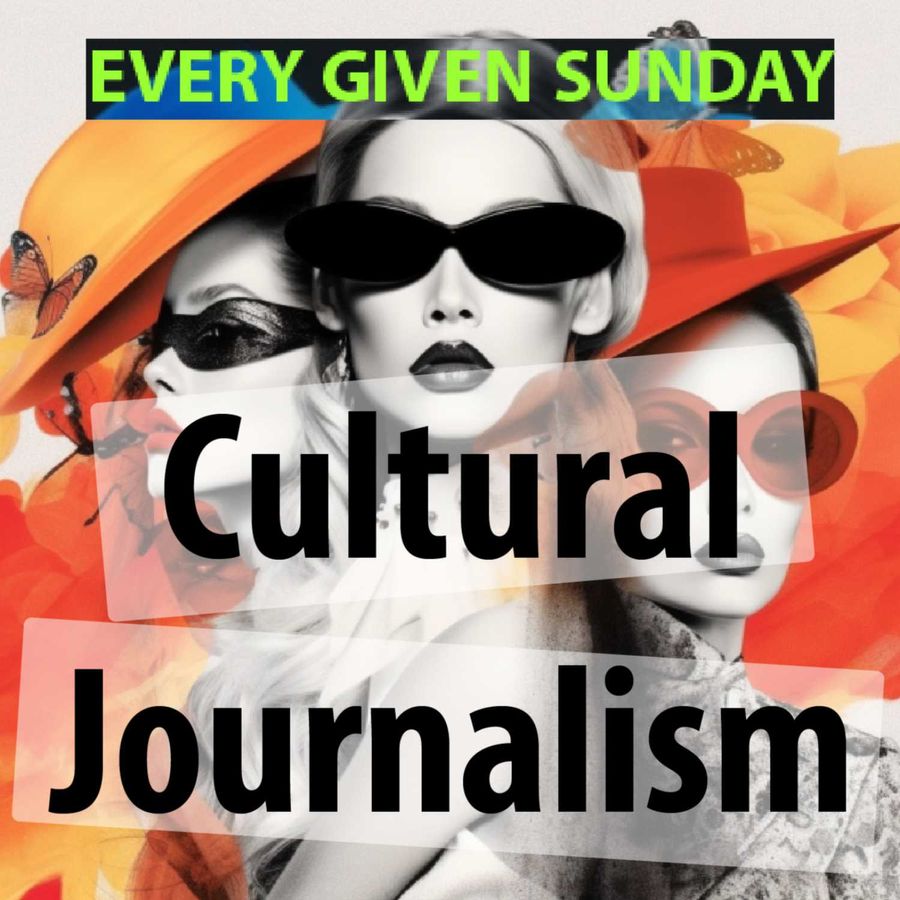Artistic Rebellion and Avant-Garde Movements: The Ever-Changing Landscape of Intellectual Ferment
In artistic expression, rebellion has been an ever-present force, driving the avant-garde movements that challenge the status quo and redefine the boundaries of creativity. In this arena, radical thinkers and visionaries have dared to push against the prevailing winds of conventionality, forging new paths and leaving indelible marks on the canvas of human cultural evolution. However, as we delve into the intricacies of artistic rebellion and its relationship with avant-garde movements, it becomes essential to scrutinize the assumptions that underpin these concepts and reevaluate their significance in light of history and critical examination.
The Historical Context of Rebellion:
The artistic rebellion did not emerge out of a vacuum but found fertile ground in their respective times' cultural, social, and political climates. Throughout history, transformative movements like the Italian Renaissance, Romanticism, and the Cubist movement, to name just a few, emerged as responses to prevailing ideologies, values, and artistic conventions. Moreover, these radical shifts in creative expression often went hand in hand with broader societal upheavals as artists confronted and challenged the entrenched norms of their eras.
Challenging Conventional Wisdom:
However, examining the motivations behind artistic rebellion and the consequences of avant-garde movements is crucial. It is too simplistic to view rebellion solely as defiance against existing norms. Creative rebellion is a nuanced and multifaceted phenomenon that demands deeper scrutiny. While it is tempting to romanticize the rebel artist as a fearless crusader against the established order, we must also acknowledge that rebellion can sometimes descend into mere contrarianism, a rebellion for rebellion's sake.

The avant-garde movements often exhibit elitism and exclusivity, positioning themselves as the vanguards of artistic progress and leaving behind a trail of self-congratulatory rhetoric. The danger here lies in the possibility of turning rebellion into a hollow pursuit of shock value, where the quest for novelty eclipses genuine artistic exploration and the purpose of deeper meaning. As T.S. Eliot astutely remarked, "Genuine poetry can communicate before it is understood."
The Role of Intellectual Rigor:
To truly appreciate the value of rebellion and avant-garde movements, we must foster a culture of intellectual rigour that interrogates these endeavours' motives, methods, and impact. It is not enough to merely disrupt the existing artistic order; artists must also offer compelling alternatives grounded in a genuine pursuit of truth and beauty. With its commitment to critical examination and self-reflection, intellectual rigour provides the foundation for fruitful rebellion.
While avant-garde movements have undoubtedly produced remarkable works, their legacy is not immune to critique. The Futurist movement, for instance, celebrated the industrial age and embraced the cult of speed. Still, its glorification of violence and disdain for tradition were unsettling echoes of society in the throes of upheaval. Nevertheless, the intellectual rigour of a discerning observer helps us navigate the treacherous waters of art that are borne out of rebellion without losing sight of ethical and aesthetic considerations.
Artistic Rebellion and Intellectual Freedom:
Artistic rebellion, when conducted with intellectual rigour, expresses academic freedom, enabling artists to challenge oppressive systems and question entrenched power structures. Through these acts of rebellion, the seeds of progress are sown. Yet, it is essential to remember that rebellion, like any force, can be harnessed for good and ill. While the intellectual freedom afforded to artists encourages critical engagement, it also necessitates responsible introspection.
The avant-garde movements of the past have, on occasion, succumbed to self-indulgence, resulting in works that are inaccessible and divorced from the concerns of the broader society. Intellectual rigour, however, serves as the guiding compass, steering artistic rebellion away from narcissism and toward pursuing a more profound understanding of the human condition.
Conclusion:
Artistic rebellion and avant-garde movements have played a crucial role in challenging the prevailing orthodoxies and broadening the horizons of creative expression. Nevertheless, thoughtful analysis of these phenomena demands a more nuanced perspective. By engaging critically, challenging conventional wisdom, and employing intellectual rigour, we can separate the wheat from the chaff and foster a culture of art that is transformative, enlightening, and accessible.
Ultimately, rebellion and avant-garde movements should strive not only to defy established norms but also to engage with the intellectual heritage of humanity. By tapping into the rich tapestry of history and embracing academic rigour, artists can harness the power of rebellion to create works that resonate deeply, challenge our preconceptions, and, in doing so, contribute meaningfully to the ongoing evolution of human expression.


